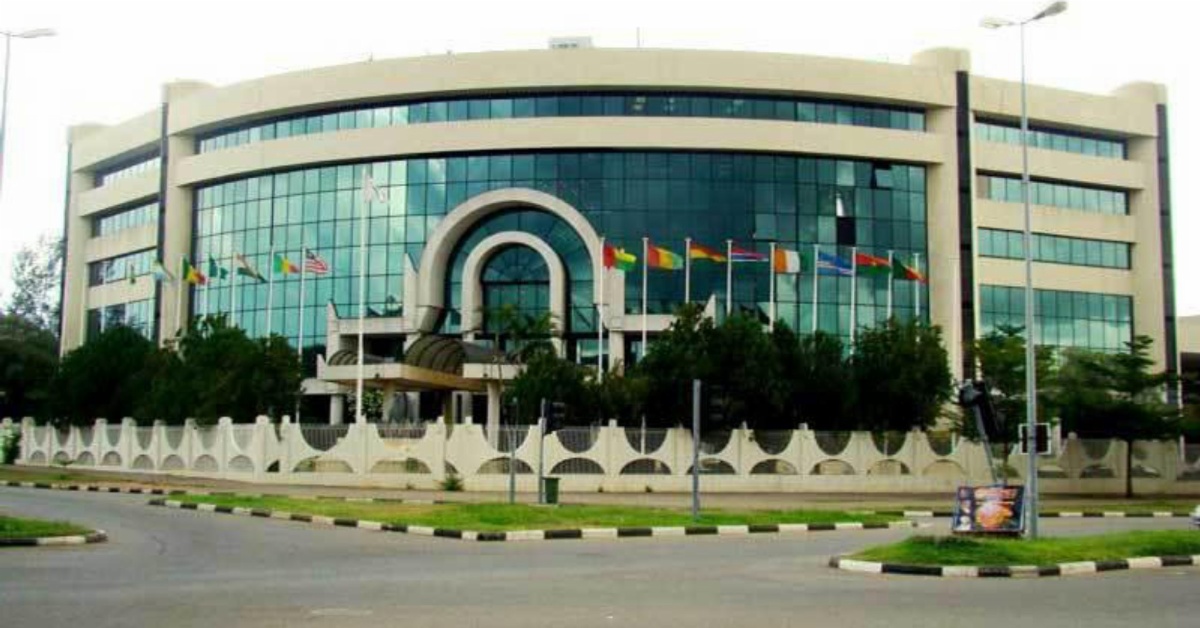The ECOWAS Court of Justice in Abuja, Nigeria has found Sierra Leone guilty of violating the rights of UNISEL, a local company. The court ordered Sierra Leone to pay USD 20,000 in damages.
UNISEL purchased a 4.99-acre land and building in Freetown in 2013. However, the government later informed them that there was a problem with the acreage. UNISEL tried to resolve the issue with the Ministry of Lands, Housing, and Country Planning, but their efforts were unsuccessful.
UNISEL argued that the government's actions violated their rights under Article 14 of the African Charter on Human and Peoples' Rights and Article 17 of the Universal Declaration of Human Rights. The court agreed with UNISEL and found that Sierra Leone had violated their rights to property and to the enjoyment of the fruits of their labour.
Sierra Leone was not represented in court, despite being served with notice of the proceedings. As a result, the court ruled in favour of UNISEL by default.
This is a significant ruling, as it sets a precedent for how the ECOWAS Court of Justice will interpret the rights to property and the enjoyment of the fruits of one's labour. It is also a reminder that governments must respect the rights of their citizens, even when it comes to complex property disputes.

